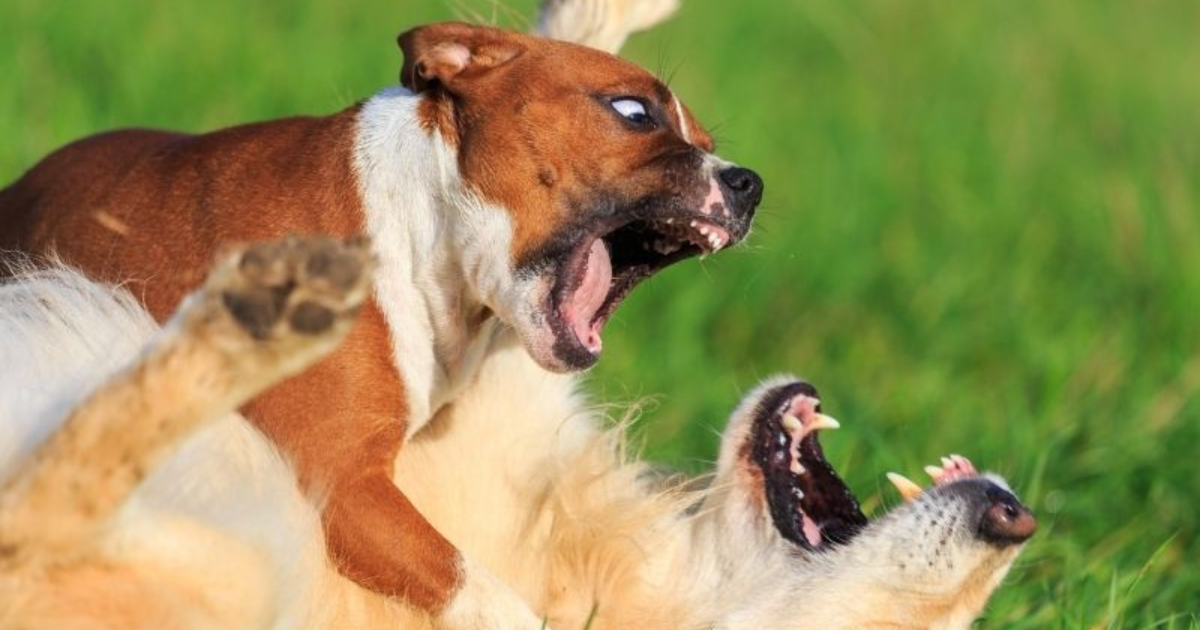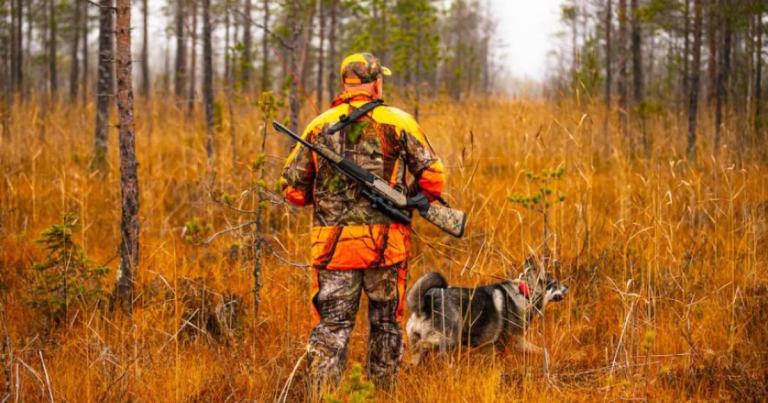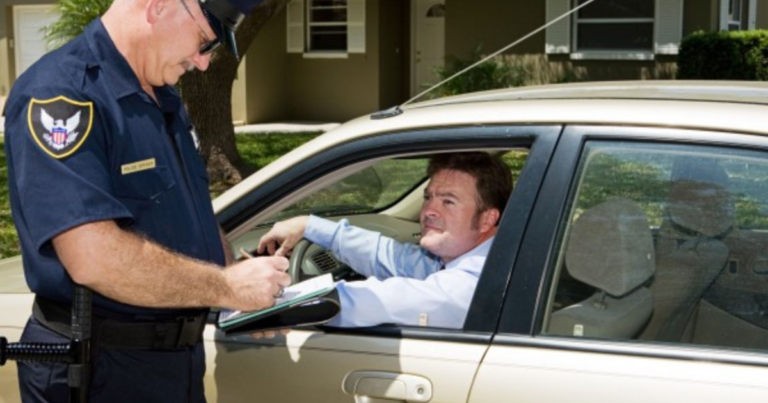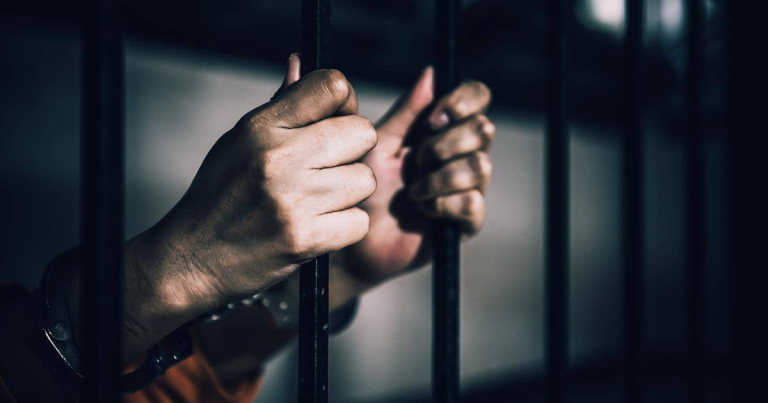Dogs are often considered part of the family, and it’s devastating when something happens to them. If your dog was attacked by another dog, it’s essential to know your rights and what steps you can take to address the situation. Here’s a guide to help you navigate through this challenging time.
Immediate Steps After The Attack
First and foremost, ensure your dog’s safety and health. If your dog has been injured, take them to the vet immediately. Document their injuries with photos and get a detailed report from the veterinarian. This documentation will be crucial if you decide to take legal action later.
Gather Evidence
Collect as much evidence as possible about the incident. This includes:
- Witness Statements: If there were any witnesses to the attack, get their contact information and ask them to provide written statements.
- Photos and Videos: Take pictures of your dog’s injuries and any damage caused by the attack. If possible, capture images of the other dog and its owner.
- Medical Records: Keep all records of veterinary visits and treatments. These will help prove the extent of your dog’s injuries and the cost of medical care.
Identify The Other Dog And Its Owner
If the attacking dog is not known to you, try to get information about its owner. This information can be crucial for filing a claim or pursuing legal action. If the owner is uncooperative, you may need to involve local animal control authorities.
Report The Incident
Notify local animal control or the appropriate authorities about the attack. Reporting the incident helps ensure that the attacking dog is evaluated for any potential risks to other animals or people. Animal control may investigate the situation and take actions such as quarantining the dog or issuing fines.
Check Local Laws And Regulations
Laws regarding dog attacks vary by location. In many places, dog owners are held responsible for their pets’ actions. You should check local laws to understand the specific regulations in your area. Common laws include:
- Leash Laws: Some areas have laws requiring dogs to be leashed or contained. If the attacking dog was not following these laws, the owner may be liable.
- Strict Liability: In some jurisdictions, dog owners are strictly liable for any injuries their pets cause, regardless of the dog’s past behavior.
Consider Filing A Claim
If the attack caused significant injury or financial loss, you might be able to file a claim for damages. This could involve:
- Medical Expenses: You can seek compensation for veterinary bills and any necessary ongoing treatment.
- Pain and Suffering: In some cases, you might be able to claim for the emotional distress caused to you and your dog.
- Property Damage: If the attack caused damage to personal property (like your clothing or home), you might be able to claim these costs as well.
To file a claim, you generally need to contact the attacking dog’s owner or their insurance company. If the owner has homeowners or renters insurance, it might cover damages caused by their dog. If the owner is uncooperative or lacks insurance, you may need to consult a lawyer.
Seek Legal Advice
If the situation is complex or if you’re not getting a satisfactory resolution, consulting a lawyer might be necessary. A lawyer specializing in personal injury or animal law can help you understand your legal rights and guide you through the process of filing a lawsuit if needed.
Prevent Future Incidents
Once the immediate issues are addressed, consider taking steps to prevent future incidents. This might involve:
- Training and Socialization: Ensuring your dog is well-trained and properly socialized can help prevent aggressive encounters.
- Secure Enclosures: If you have other dogs, make sure they are securely enclosed and supervised to avoid any potential issues with neighboring animals.
Know Your Rights
Understanding your rights as a dog owner is crucial. You have the right to seek compensation for your dog’s injuries and any related costs. Additionally, you have the right to report dangerous animals to ensure they do not pose a threat to others.
Support And Resources
If you’re struggling with the aftermath of the attack, seek support from local animal welfare organizations or support groups for pet owners. These resources can offer advice, emotional support, and additional help if needed.








